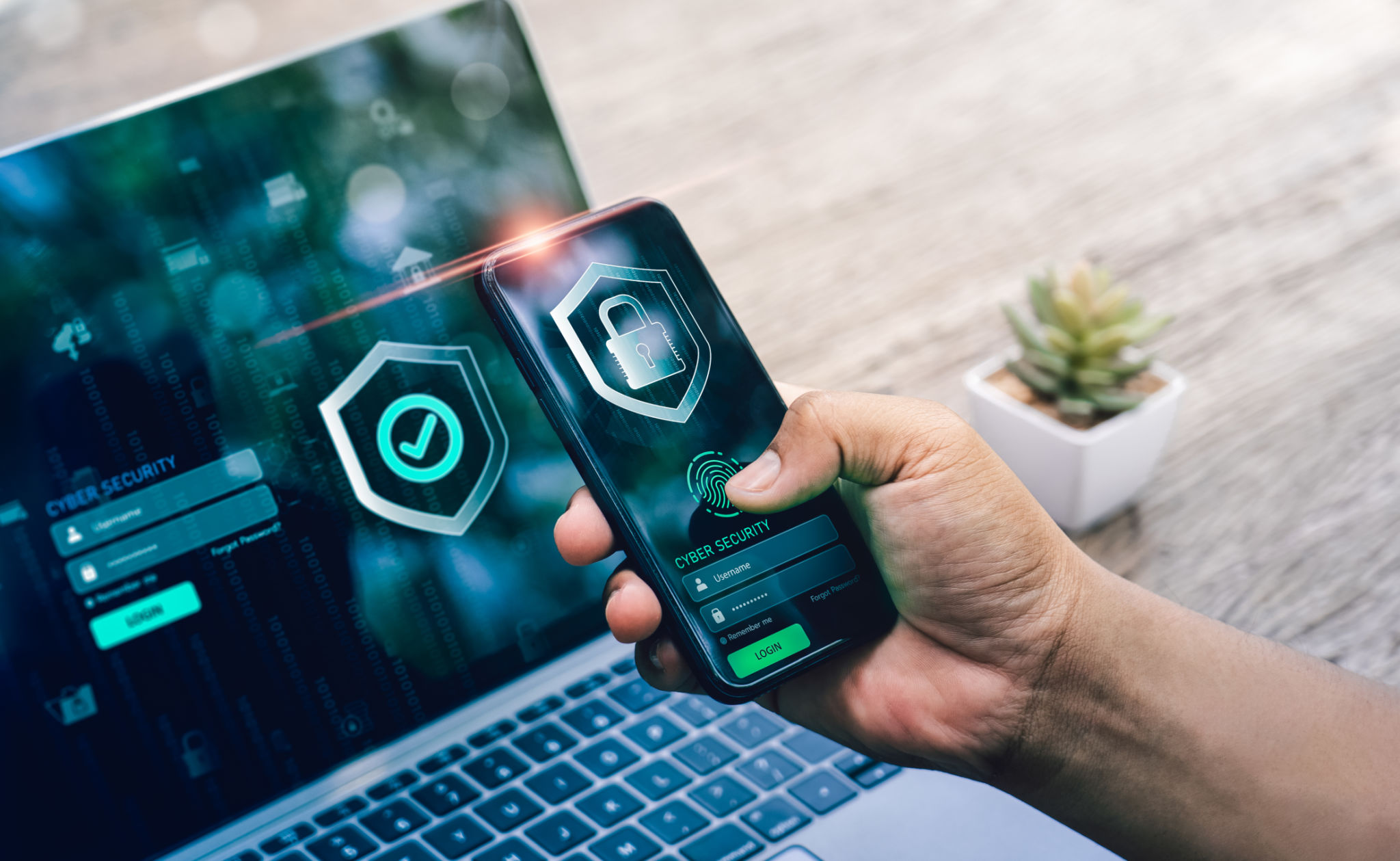- Home
- About
- Blog
- SecuX Wallets
- D'CENT-Wallet
- Ellipal Wallets
- Trezor Wallets
- Keystone Wallets
- NGrave Wallets
- Decentralized Finance (DeFi)
- Top 5 Wallets
- Top 5 Crypto IRAs of 2026
- Web 3.0
- Metaverse & Gaming
- Deeper Network VPNs
- imKey Wallets
- Crypto Tracking
- Ledger Wallets
- Buy Crypto
- Blockchain-Technical-Consulting
- CoolWallets
- Cryptosteel Capsule
- Crypto Yield-Farming
- Tangem Wallets
- Expert Cryptocurrency Security Services
- Contact Us
- Disclaimer
- Privacy Policy
How to Secure Your DeFi Investments: A Step-by-Step Guide
Understanding the Basics of DeFi
Decentralized Finance, or DeFi, has revolutionized the financial landscape by offering decentralized alternatives to traditional banking services. With DeFi, individuals have more control over their financial assets, free from intermediaries. However, this freedom comes with its own set of risks, making security an essential consideration for any DeFi investor.
Before diving into the security steps, it’s important to understand the basic components of DeFi. At its core, DeFi uses blockchain technology to facilitate peer-to-peer financial services. Smart contracts, which are self-executing contracts with the terms directly written into code, are pivotal in this ecosystem. These contracts are what enable DeFi applications to function autonomously and transparently.

Choosing a Secure Wallet
Your choice of wallet is crucial when securing your DeFi investments. Wallets are your gateway to accessing and managing your assets, and selecting the right one can significantly impact your security posture.
Types of Wallets
There are two main types of wallets: hot wallets and cold wallets. Hot wallets are connected to the internet and provide easy access to your funds, making them convenient for frequent transactions. Cold wallets, on the other hand, are offline and are considered more secure due to their reduced exposure to online threats.
- Hot Wallets: Ideal for daily transactions but ensure they have robust security features.
- Cold Wallets: Best for long-term storage of large amounts, minimizing exposure to hacks.

Implementing Two-Factor Authentication (2FA)
One of the simplest yet most effective security measures is enabling Two-Factor Authentication (2FA) on your accounts. This adds an additional layer of security by requiring a second form of verification beyond just your password. Many wallets and exchanges offer this feature to protect user accounts from unauthorized access.
Ensure that you use a reputable 2FA method, such as an authentication app like Google Authenticator or Authy, rather than SMS-based verification, which can be vulnerable to SIM-swapping attacks.
Conducting Regular Security Audits
Regularly auditing your security settings and protocols is essential in safeguarding your DeFi investments. This involves reviewing your wallet settings, checking for any unauthorized transactions, and ensuring that your software is up to date with the latest security patches.

Additionally, it's wise to stay informed about potential vulnerabilities in the platforms you use by following security advisories and updates from developers. Being proactive in monitoring your investments can prevent future issues.
Staying Informed and Educated
The DeFi space is rapidly evolving, with new projects and technologies emerging constantly. Staying informed about these developments is critical in understanding potential risks and opportunities. Engage with trusted sources such as reputable blogs, forums, and social media channels that focus on DeFi and blockchain technology.
Consider joining communities or forums where you can learn from experienced investors and developers. This can provide valuable insights into emerging threats and effective security practices.
Conclusion
Securing your DeFi investments requires a proactive approach that combines technology with informed decision-making. By choosing secure wallets, enabling 2FA, conducting regular audits, and staying educated about industry trends, you can significantly reduce risks and protect your digital assets.
In the dynamic world of DeFi, security is not a one-time effort but an ongoing commitment. Ensure that you are always adapting to new challenges and prepared for any potential threats.
